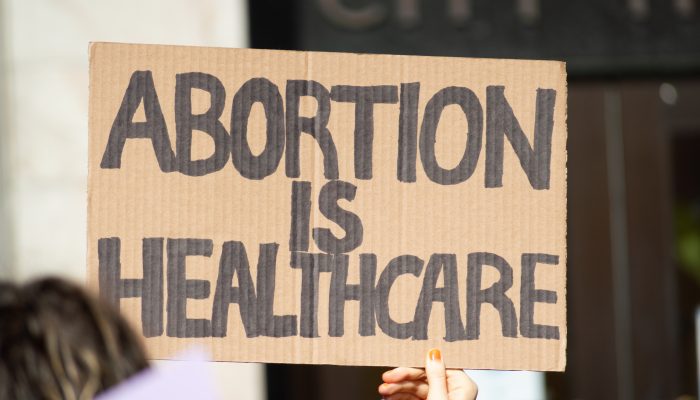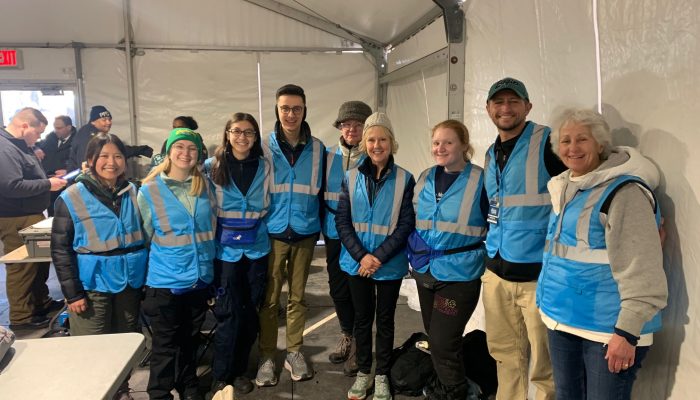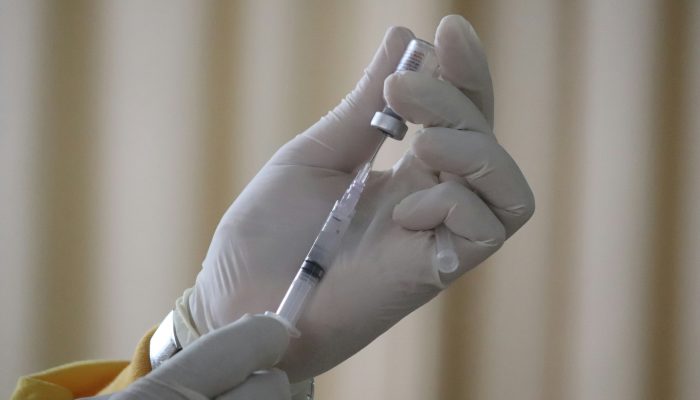When the U.S. Supreme Court overturned long-standing decisions that said abortion is a constitutional right, the legality of abortion became something that is now determined by individual states.
That decision, issued in June 2022 in Dobbs v. Jackson Women’s Health Organization (Dobbs), overturned Supreme Court decisions Roe v. Wade (Roe) and Planned Parenthood of Southeastern Pa. v. Casey (Casey). Previously, Roe and Casey determined that abortion is a constitutional right because all Americans have a right to privacy about their own health care.
Overturning Roe means abortion is no longer federally protected as a constitutional right and allows states to decide if abortion is legal within their borders. So, what does that mean for Pennsylvanians in general and Philadelphians in particular?
Abortion is still legal in Pennsylvania
Pennsylvania does not have a “trigger” law, so overturning Roe did not automatically change Pennsylvania or Philadelphia law.
Abortion services are available in Philadelphia
Philadelphia has resources for people who want to prevent unplanned pregnancies or need an abortion or counseling support.
AccessMatters has an information, referral, and counseling hotline. If you have questions about sexual and reproductive health or need referrals, you can call the AccessMatters Information Hotline at (215) 985-3300 for free, confidential information. You can also text the hotline at (833) 667-3377.
Banning abortions doesn’t stop abortions
Significant data shows abortion bans do not stop abortions and have a negative impact on the health of pregnant people. That data shows:
- Banning abortion in the U.S. would lead to an estimated 21% increase in the number of pregnancy-related deaths overall and a 33% increase among Black pregnant people.
- States that restrict abortion have higher maternal mortality than states that either protect or are neutral towards abortion.
- In the 18 states where Planned Parenthood clinics decreased by 20%, maternal mortality rates increased by 8%.
- Maternal mortality rates in the 12 states where abortions were restricted by gestational age increased by 38%.
Additionally, highly restrictive abortion laws do not stop the practice, but it does make those abortions that do occur more likely to be unsafe. Abortion restrictions correlate with poorer maternal and infant health outcomes and higher rates of maternal mortality and morbidity. Research shows that restrictive laws in places like Ohio, Utah, Wisconsin, and Texas do not improve health outcomes. In some cases, they lead to more hardships such as delayed abortion care and more side effects.
Data shows that abortions occur at roughly the same rate in countries where it is broadly legal compared to countries where it is restricted. In countries that restrict abortion, the percentage of unintended pregnancies ending in abortion has increased during the past 30 years. Complications from unsafe abortions account for an estimated 13% of maternal deaths worldwide.
Restrictions and bans on abortion reinforce inequality and impact vulnerable populations
Bodily autonomy is critical for survivors of abuse, especially if they have experienced reproductive coercion. One study found that abused people not able to get an abortion were more likely to continue experiencing abuse from a violent partner. People who wanted and were able to get an abortion experienced a reduction in physical violence.
Pregnancy is a vulnerable time. In the U.S., pregnant individuals are more likely to die (PDF) of homicide by an intimate partner than by other pregnancy-related causes. Abortion may not be the choice all survivors make, but it’s important that it is an option. For survivors who choose to continue their pregnancies, they should be supported in seeking safety and resources. Learn more about pregnancy and survivors of abuse.
Additionally, in Pennsylvania, people enrolled in Medicaid currently do not have insurance coverage for abortion, except in cases of life endangerment, rape, or incest. The impact of these restrictions means that many people, especially low-income people of color, face unfair burdens in accessing safe and common medical care. The Abortion Liberation Fund of PA can help Philly residents get financial support, resources, and information about how to get an abortion and what to expect.
The bottom line is simple
Most Americans support legal access to abortion. Abortion restrictions and bans reinforce inequality. Abortion is a common medical procedure and part of a full range of reproductive options. Both in-clinic procedures and medication abortion are very safe. Abortion is healthcare and access to safe abortion is a human right.




